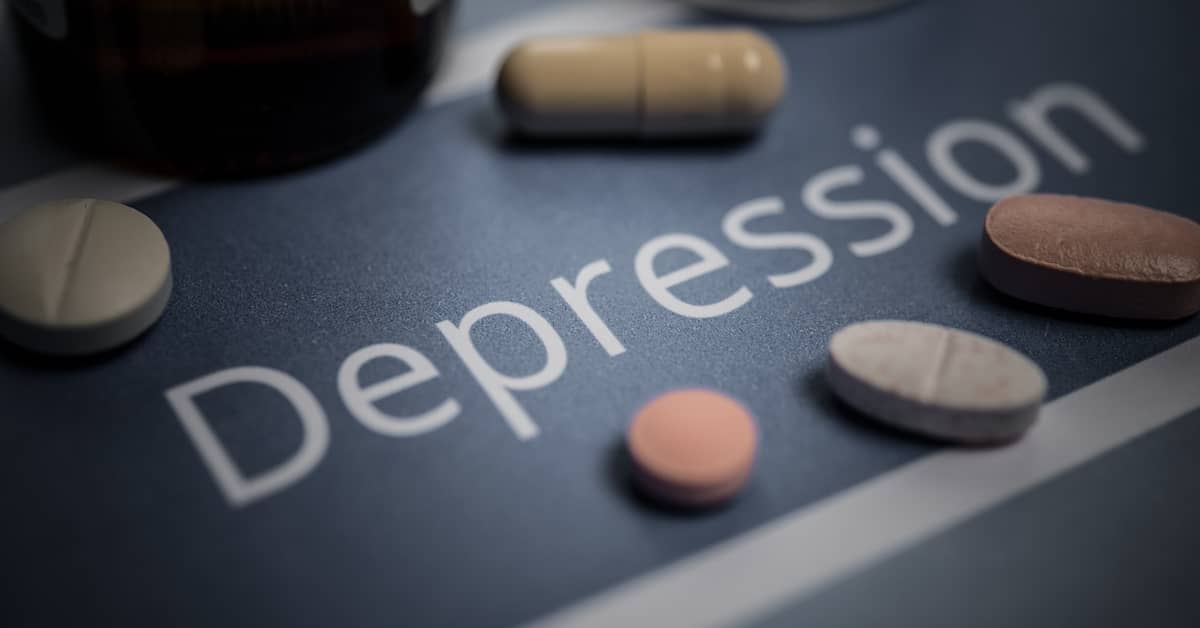
Increases Dementia Risk By 51 Percent
In a new study published in the journal Biological Psychiatry, researchers analyzed the data of more than 350,000 participants aged 50 to 70, looking for a link between depression and dementia. The team categorized participants, placing them into one of four courses of depression. These included depression that is:- Increasing course – patients with mild initial symptoms that steadily increase
- Decreasing course – patients that start with moderate- or high-severity symptoms but decrease over time
- Chronically high course – patients with ongoing severe depression
- Chronically low course – patients with steady mild or moderate depression
